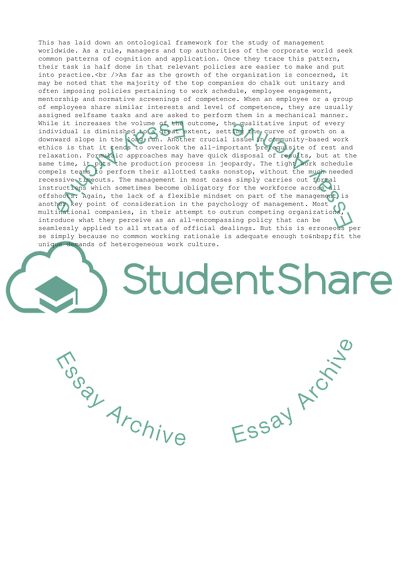Cite this document
(Management Psychology Case Study Example | Topics and Well Written Essays - 1500 words, n.d.)
Management Psychology Case Study Example | Topics and Well Written Essays - 1500 words. https://studentshare.org/management/1733347-management-psychology
Management Psychology Case Study Example | Topics and Well Written Essays - 1500 words. https://studentshare.org/management/1733347-management-psychology
(Management Psychology Case Study Example | Topics and Well Written Essays - 1500 Words)
Management Psychology Case Study Example | Topics and Well Written Essays - 1500 Words. https://studentshare.org/management/1733347-management-psychology.
Management Psychology Case Study Example | Topics and Well Written Essays - 1500 Words. https://studentshare.org/management/1733347-management-psychology.
“Management Psychology Case Study Example | Topics and Well Written Essays - 1500 Words”. https://studentshare.org/management/1733347-management-psychology.


